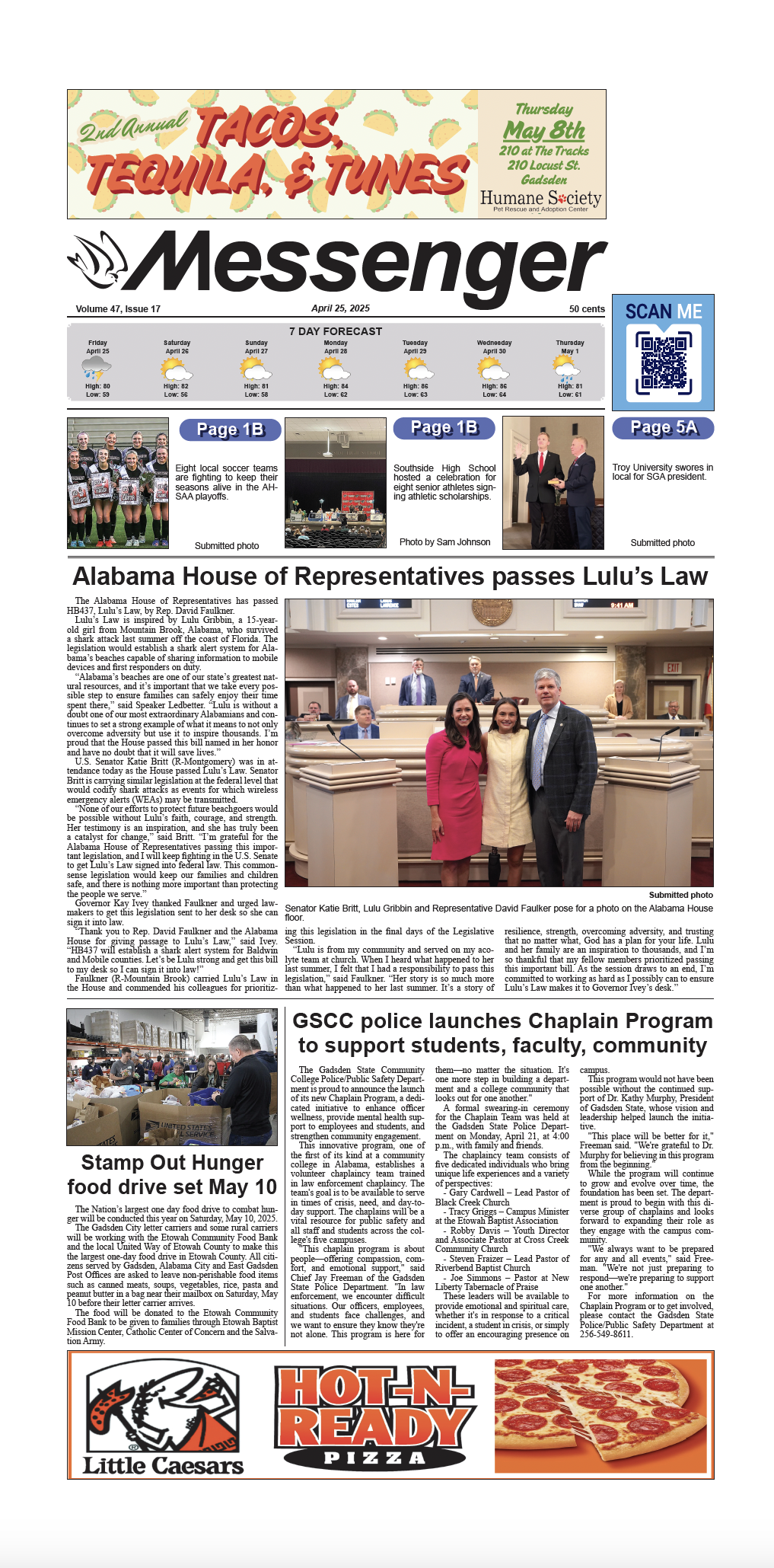By Tabitha Bozeman
Today, as I was visiting with a couple of colleagues, I came across some examples of positive ways Artificial Intelligence (AI) can contribute to our daily lives and work, and even our inner lives, after one of them showed us an AI program she found that brings famous paintings “to life”. It was breathtaking to watch the familiar static scenes turn into realistic moving videos. It was interesting seeing the paintings, each a moment captured in time and imagination, unfreeze and become a moment full of action. I haven’t yet figured out exactly how to put it into words–the best I can do is say it was a satisfying realization that AI had not created knock-off art, but instead was interacting with a piece of human-inspired, envisioned and created art in a way that made me appreciate the original work of art even more. It was a relief to experience a moment of AI interaction that was less existential threat and more mutual fascination.
Later, I was trying to decide what I wanted to write about this week and remembered some of the old writing prompt generators I have used in creative writing classes. Googling them brought up results that included newer AI-driven writing prompts, and at first, I had a familiar flash of hesitancy from the constant news, stories and daily teaching experiences where AI is used to abdicate human creativity and analysis in favor of time and effort-saving programming. But I clicked through a few of them and took a closer look. After a couple of entries, I came across one that said users could “talk with books”. Now, that was promising.
Clicking on the site, I saw it was one I am familiar with called Bored Humans. I’ve enjoyed some of their other pages and tools, so I decided to check out this one. I chose a book from a long list of possibilities ranging from the Bible, Anna Karenina and Aesop’s Fables, to The Art of War, Wizard of Oz and Pride and Prejudice.
Once I picked out my conversation partner (one of the books), I was then able to ask any question I wanted. I asked some silly questions, as well as some more difficult questions, and was pleasantly surprised at the relevance and relatability of the responses.
I asked questions I sometimes hear from students and my children ranging from “What is the best pet?” to “Why are some people mean?” and received a variety of answers depending on the book.
Anna Karenina explained why some people are difficult from an empathetic perspective: “My narrative delves into the complexities of human nature, exploring how personal feelings, societal pressures, misunderstandings, and moral conflicts shape the individuals [. . .] understanding a person’s background, motivations, and the contexts they navigate can offer insights into their seemingly negative behaviors.”
Aesop’s Fables, however, was less gentle, stating that “various characters exhibit traits such as hatefulness, often driven by jealousy, greed, or misunderstanding. These emotions and behaviors are usually a reflection of deeper issues within the characters themselves [and] sometimes hatefulness can stem from frustration or a sense of inadequacy.”
Overall, it was fun to see how the AI personalities responded according to each book they represented, though I couldn’t help but wonder what Ray Bradbury and Ursula K. LeGuin would think about AI creating a pseudo-consciousness for their stories? What would DaVinci or Matisse think about their artwork coming to life?
Chatting with these books made me think of a professional development certification I’ve seen floating around that allows you to earn a credential for “bibliotherapy”, or “prescribing” certain authors or stories to someone depending on a challenge, or interest they have. This is something AI can already do very quickly and accurately, and I’m not sure there is any way a human could ever cross-reference all the books in existence with a specific interest or need and create a truly customized reading “prescription”.
This thought reminded me of a chat I had with my 11-year-old the other day. Every time I said anything, she would respond with lyrics from a song. She probably quoted 10 different songs in our five-minute-long conversation, and I was really impressed with how en pointe each connection was, as well as how ironic a couple were. Which is another thing I’m curious about when it comes to AI: will it ever master the permutations and gradations of what humans find ironic, humorous, or touching? At the rate AI is developing, my guess is we will find out sooner rather than later.
Here’s hoping it continues to be developed in ways that add value to our human experience.




